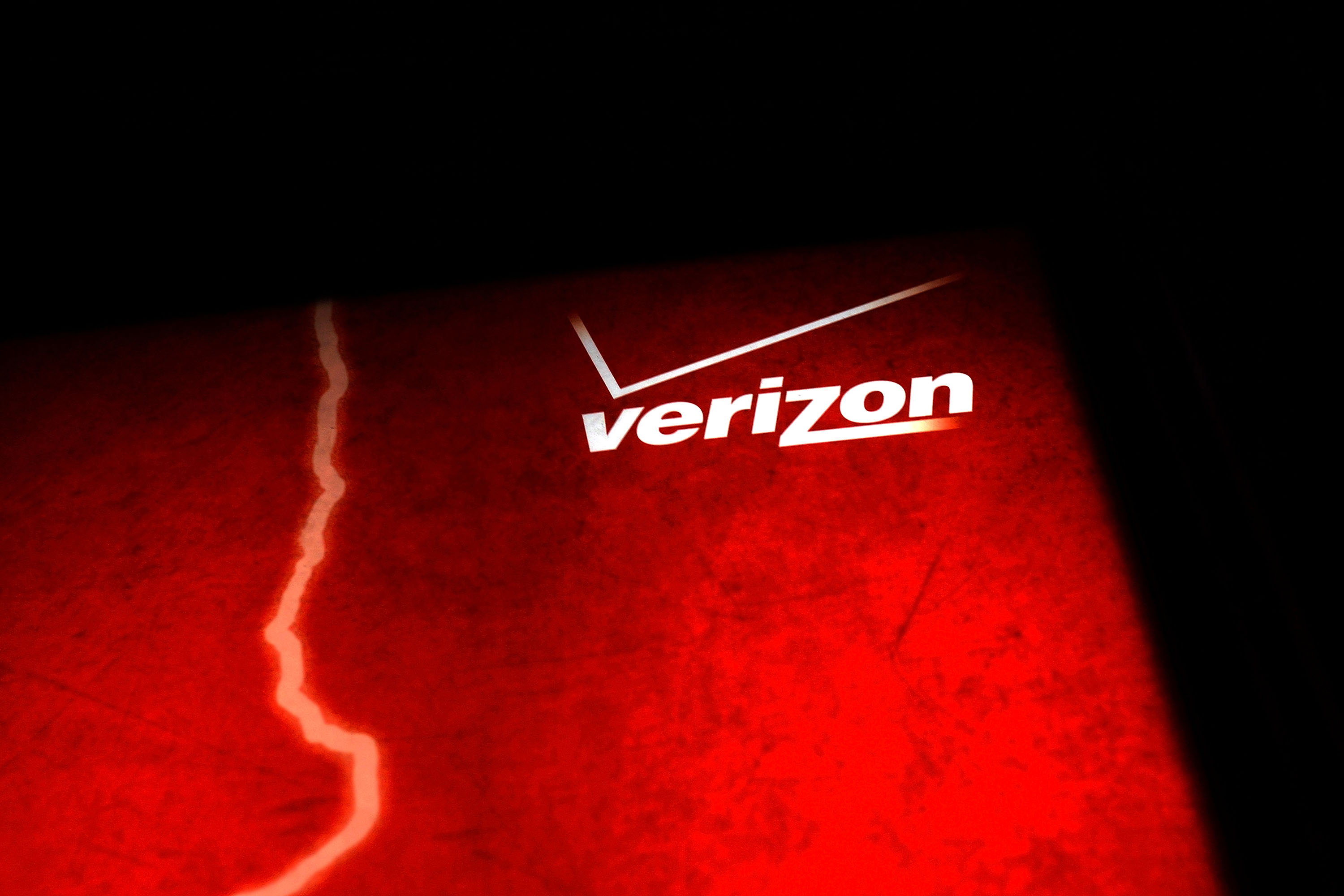Verizon Launches ‘Private’ Search Engine After Years of Violating Its Customers’ Privacy

Credit to Author: Karl Bode| Date: Wed, 15 Jan 2020 20:31:05 +0000
Verizon has spent the better part of the last decade mired in privacy scandals and lobbying the government to ignore or legalize its bad behavior. Now it’s launching a new privacy-centric search engine, apparently hoping you forgot all of that ever happened.
The company on Tuesday unveiled OneSearch, a new search engine the company insists delivers a new “consumer search experience” with “enhanced privacy features.” Verizon says OneSearch won’t track cookies, won’t build personal profiles, and won’t engage in practices like retargeting—which helps companies track your browsing behavior after you leave a website.
“In support of our commitment to trust and transparency, we are excited to launch OneSearch, an innovative new online search experience built for privacy-minded searchers,” the company said of the new offering. “With it, you can search the internet with increased confidence, knowing your personal and search data isn't being tracked, stored, or shared with advertisers."
Verizon says the new search engine, the results from which are actually provided by Microsoft’s Bing, won’t share your personal information with advertisers, and won’t store a user’s search history. There’s even an "Advanced Privacy Mode" the company says will encrypt your search terms and URLs to prevent interception and monetization by third parties.
“This is in line with our strong commitment to lead the industry over the last couple decades,” Verizon said of the effort.
Superficially, the search engine works as promised. Plugging search targets into the engine with ad tracking software enabled (like Privacy Badger or Ghostery) results in little to no ad tracker activity.
That all sounds fine, but Verizon has a terrible track record when it comes to privacy, and has repeatedly taken steps to thwart independent oversight of its privacy promises.
In 2016, Verizon struck a $1.35 settlement with the FCC for modifying wireless user data packets to covertly track users around the internet without telling them. It took two years for security researchers to even identify what Verizon was doing, and several more before Verizon finally let users opt out of being tracked in such a fashion.
Verizon has also found itself at the center of a privacy scandal involving consumer location data, which has been hoovered up and sold to a laundry list of often dubious third parties for the better part of the last decade. While Verizon has promised that it stopped collecting such data, that claim has yet to be independently verified by state or federal regulators.
There’s also Verizon’s ultra-cozy relationship with the NSA. After the company was caught engaging in warrantless wiretapping in violation of privacy and wiretap laws under the Bush Administration, the laws were simply retroactively changed to help Verizon and AT&T avoid all liability. Additional metadata scandals plagued the company in the Obama era.
Not only has Verizon been a major player in numerous consumer privacy scandals, it has worked tirelessly to ensure that the government can’t hold it accountable for any of them.
In 2017, Verizon successfully lobbied Congress to kill modest privacy rules at the FCC that would have required broadband providers be more transparent about the vast ocean of data that telecom giants collect—and who they sell it to.
Later that same year, Verizon lobbyists went one step further, convincing the FCC to effectively neuter its authority over broadband providers, shoveling any remaining oversight to an FTC experts say lacks the authority or resources to actually police telecom giants on issues of privacy—or much of anything else.
Tech activist organizations like the Electronic Frontier Foundation (EFF) say Verizon even lobbied to convince the Ajit Pai FCC to ban states from being able to protect U.S. consumers on issues of privacy. The EFF routinely rates Verizon as one of the least trusted companies in America when it comes to protecting your personal information.
Verizon did not respond to a request for comment.
From the company’s defunct app store to its shuttered Go90 streaming video platform, Verizon has a long history of launching “me too” products and services that don’t do particularly well. That's not surprising given that Verizon is a government-pampered duopolist not particularly used to competition.
That tone deafness routinely results in ideas that should have never been attempted. You know, like that time Verizon tried to launch a tech news website—then banned its reporters from writing about subjects like net neutrality or rampant government surveillance.
Verizon may be trying to reform its image in the wake of belated state and federal attempts to finally craft meaningful privacy laws for the internet era. But launching a privacy-centric search engine without first earning the public’s trust is just the latest in a long line of bad ideas that probably should have stayed on the cutting room floor.
This article originally appeared on VICE US.